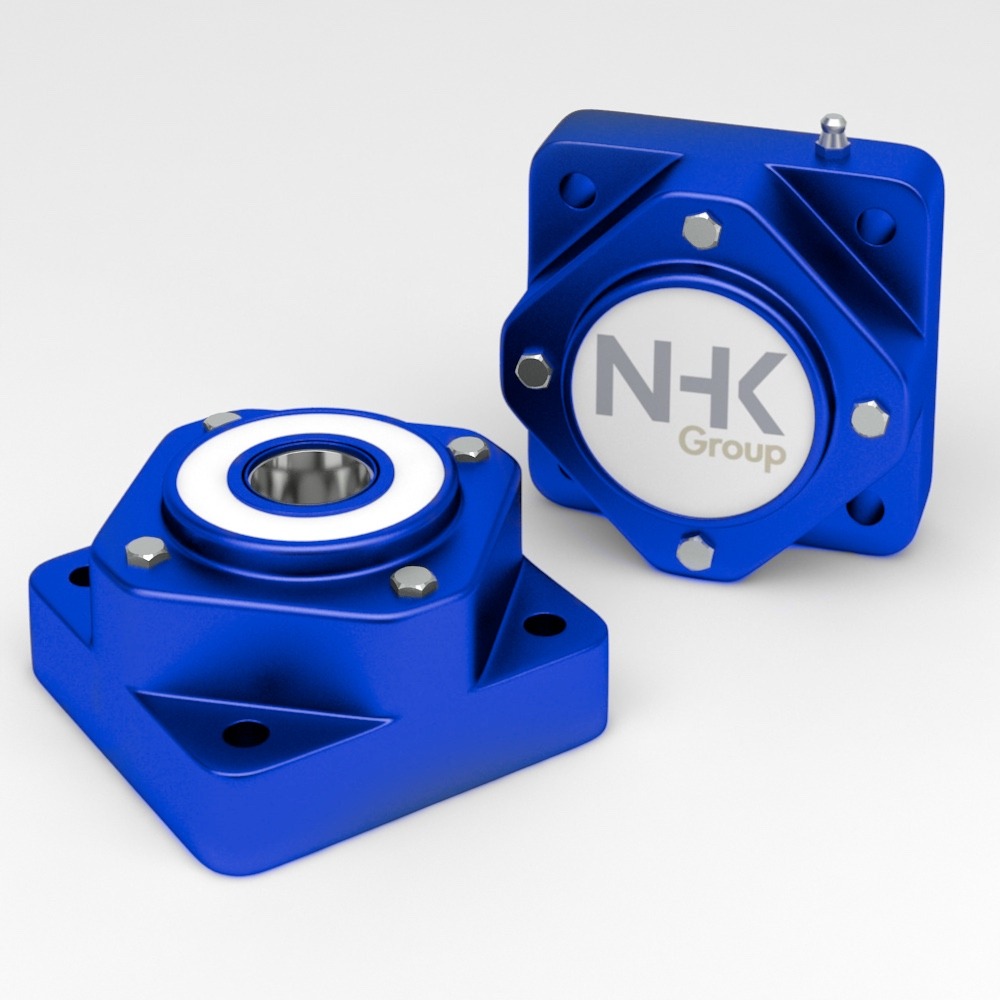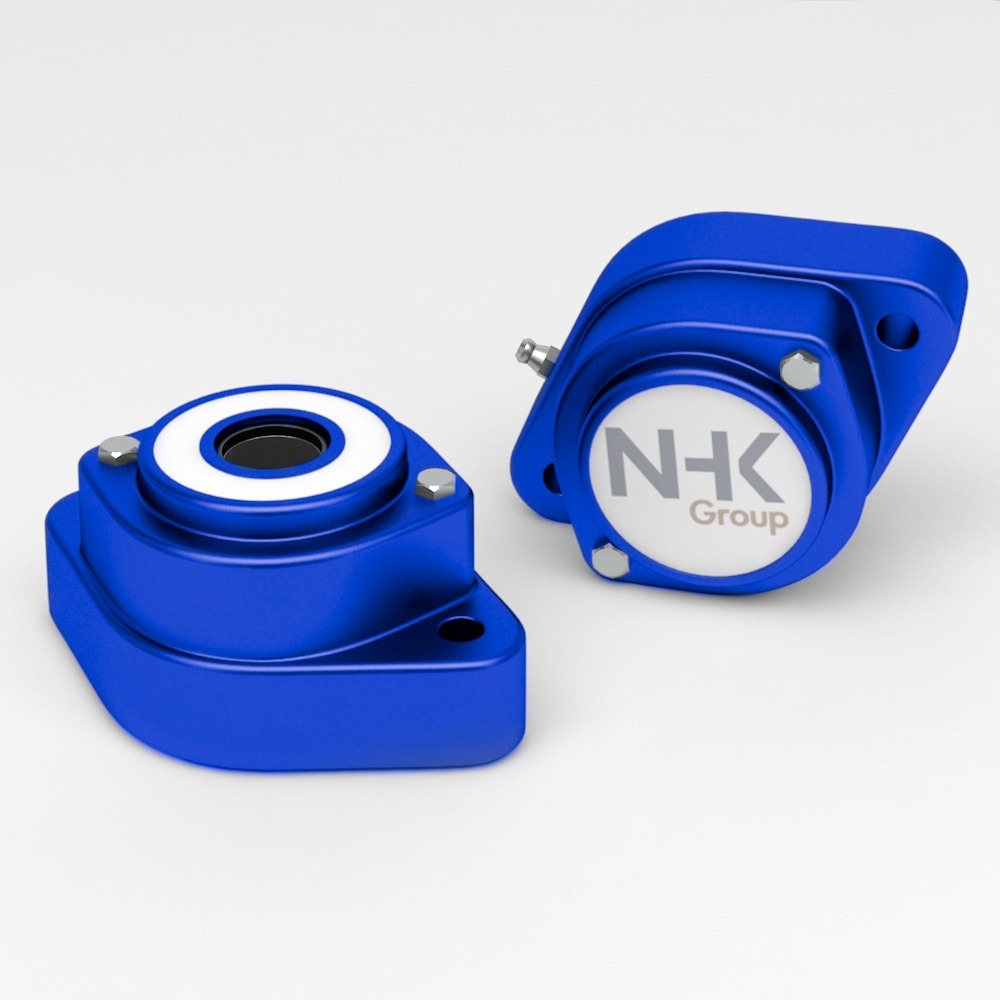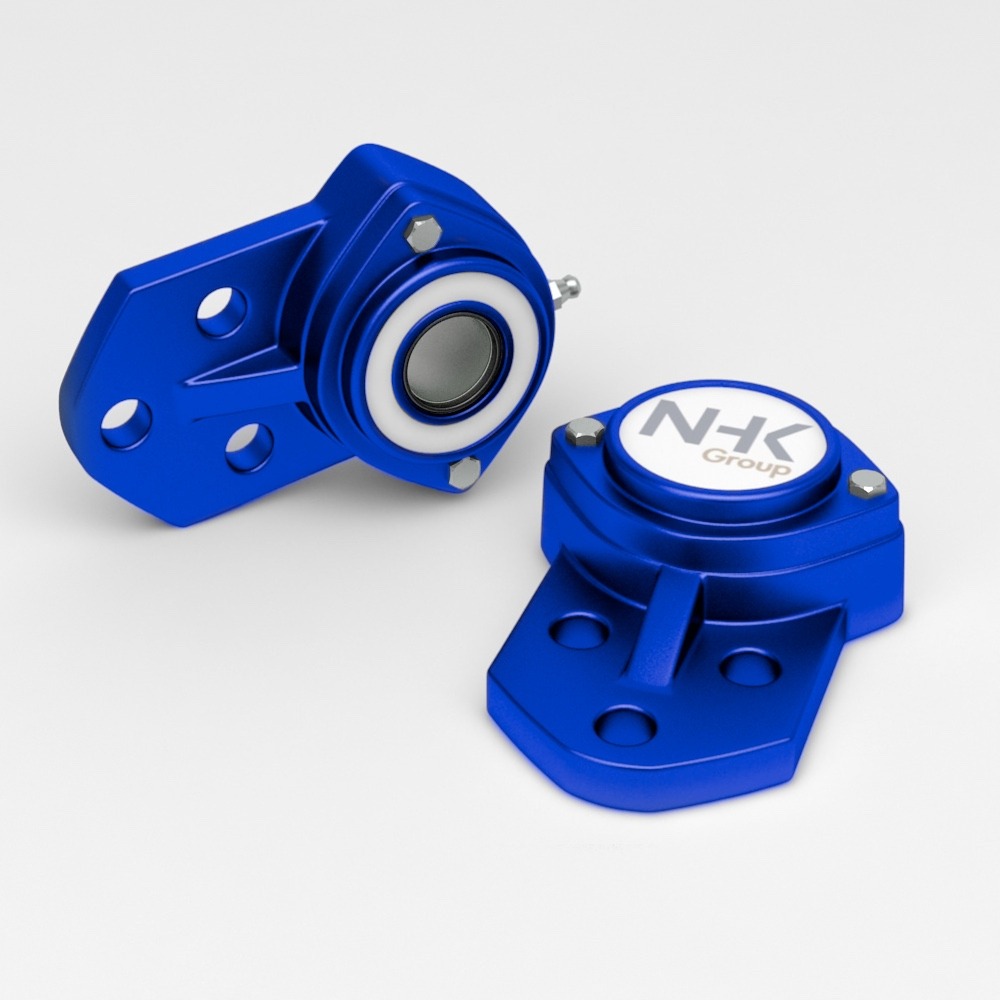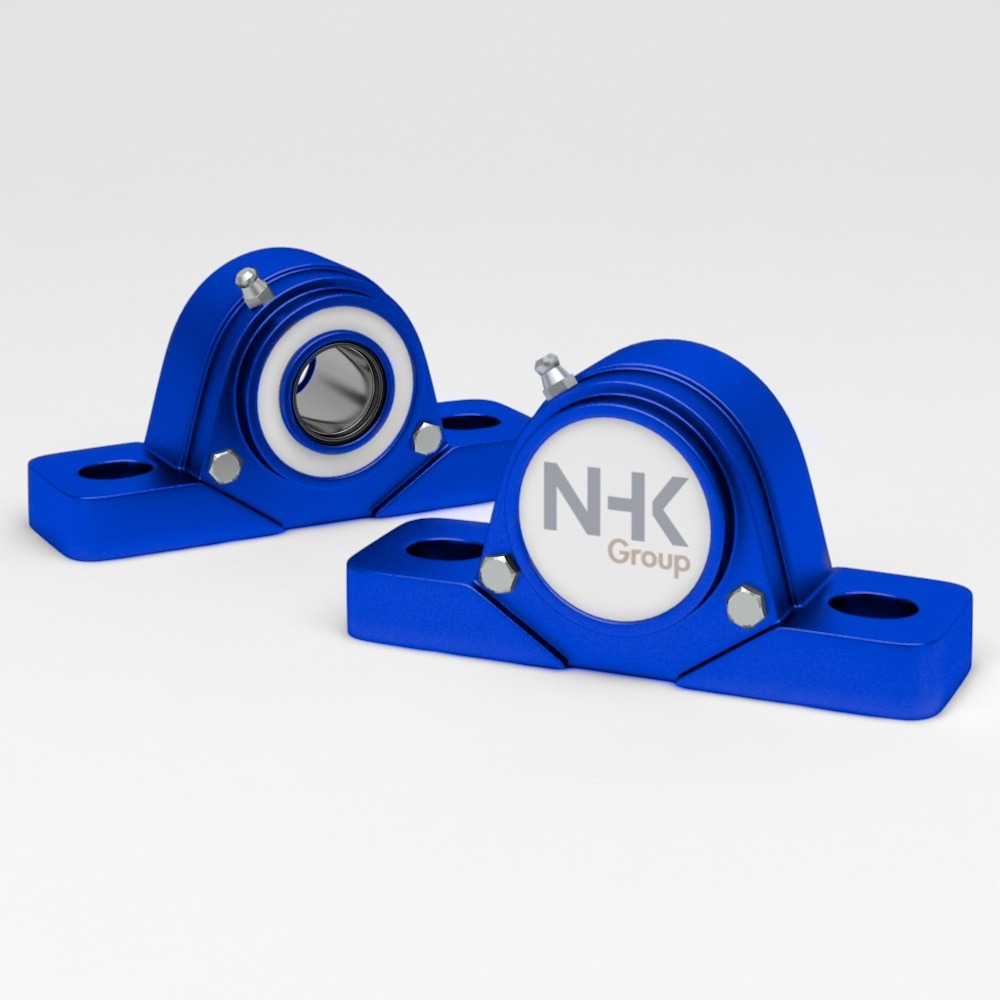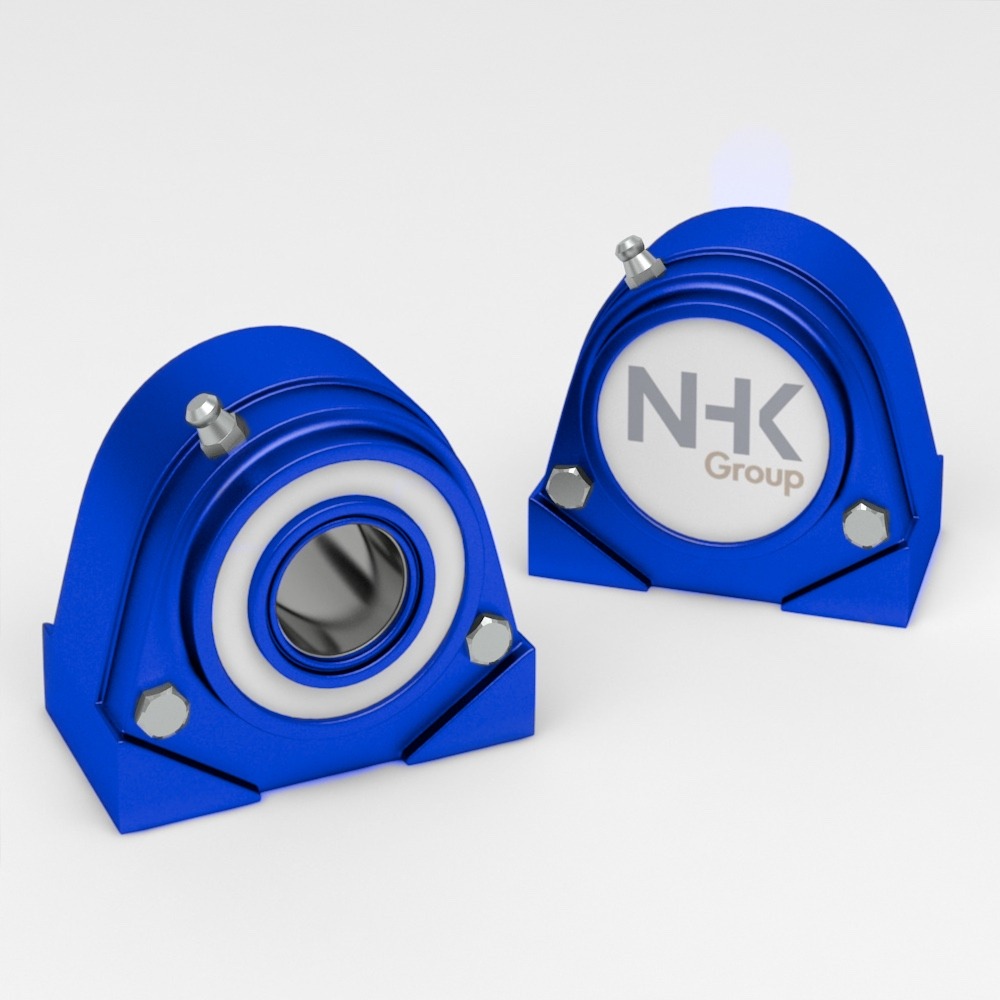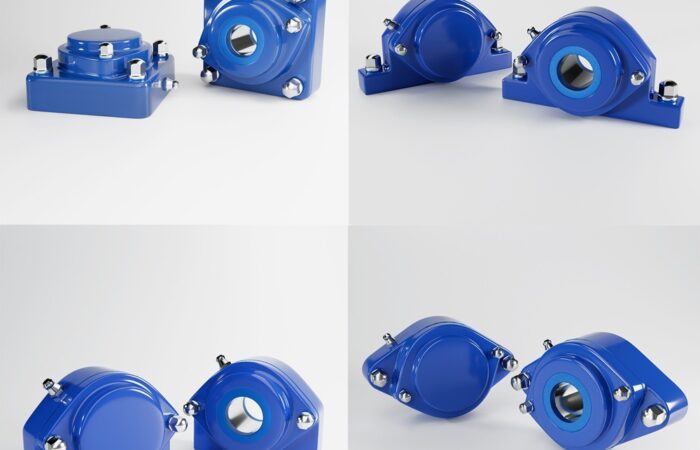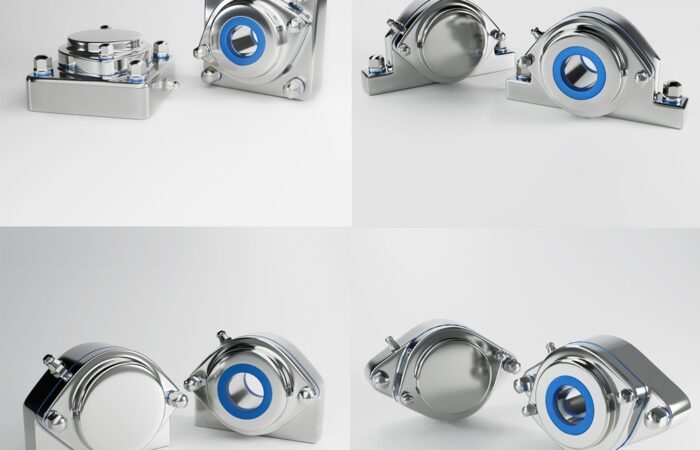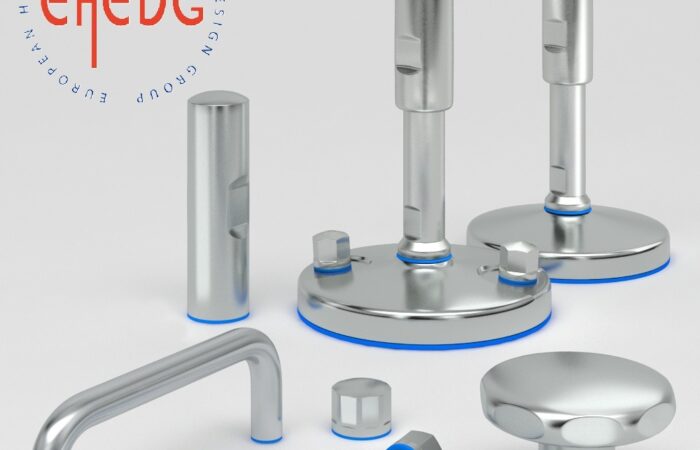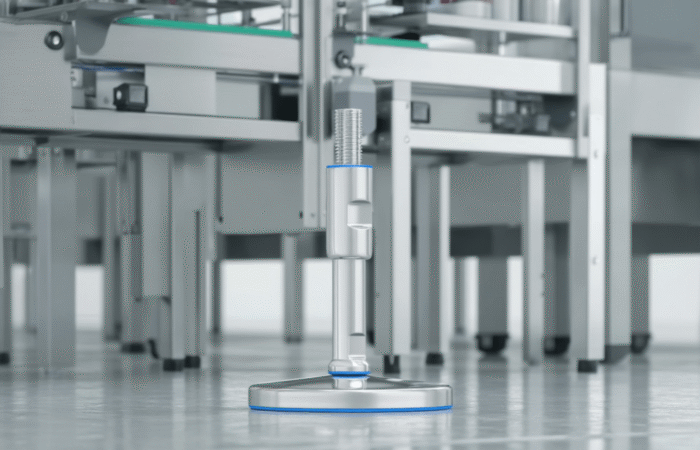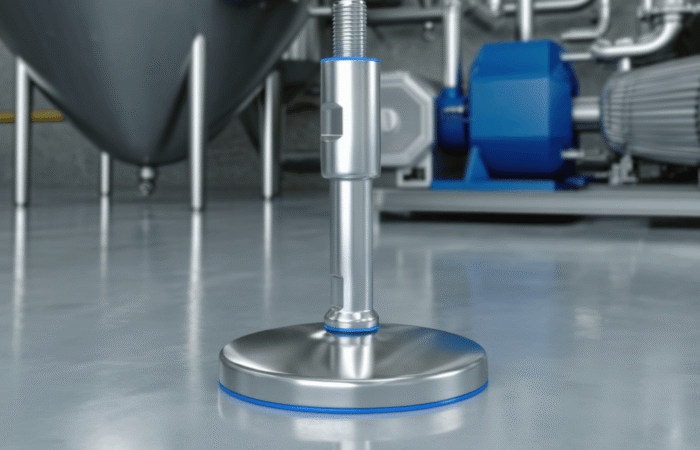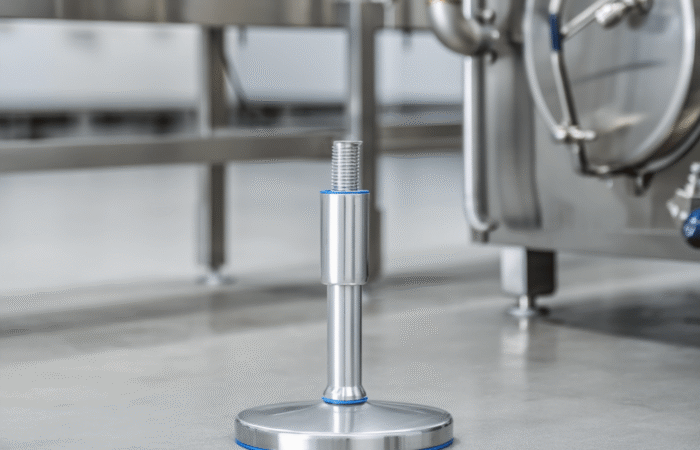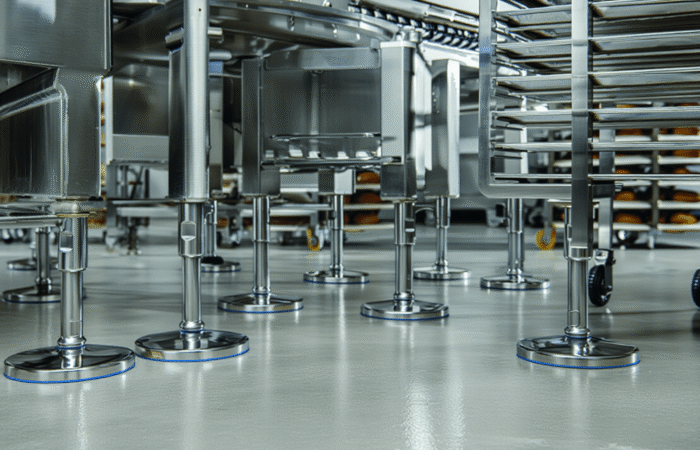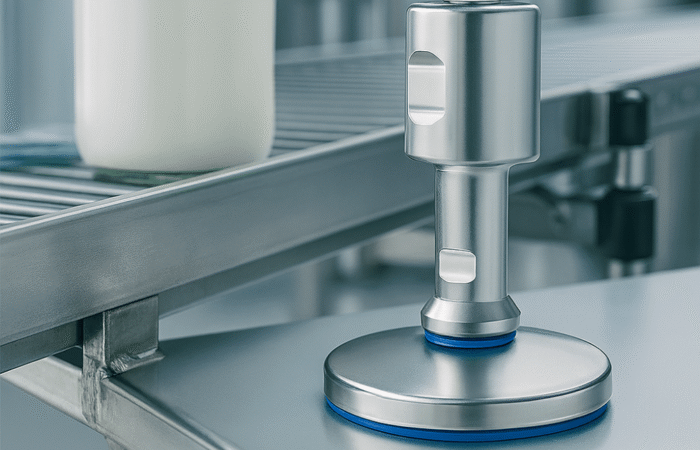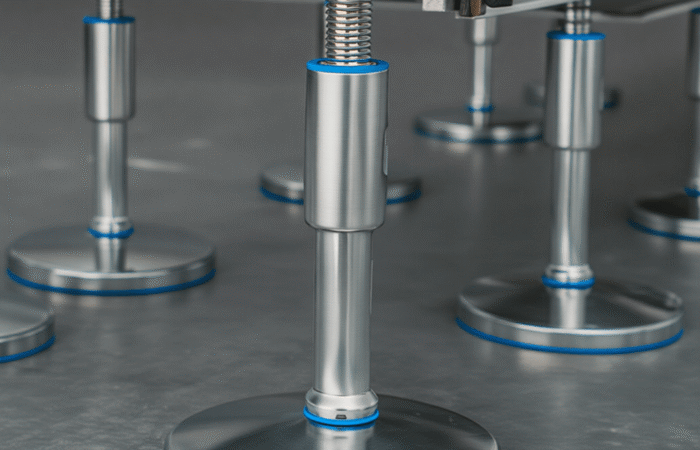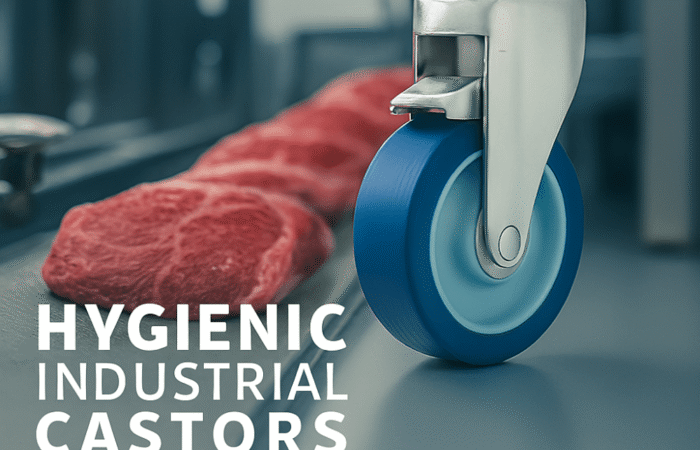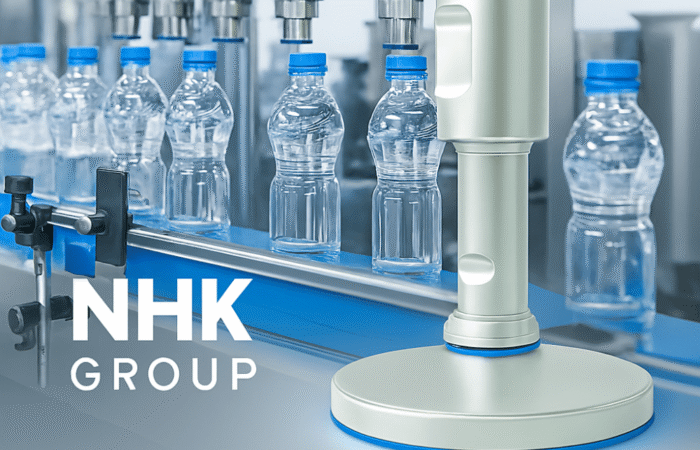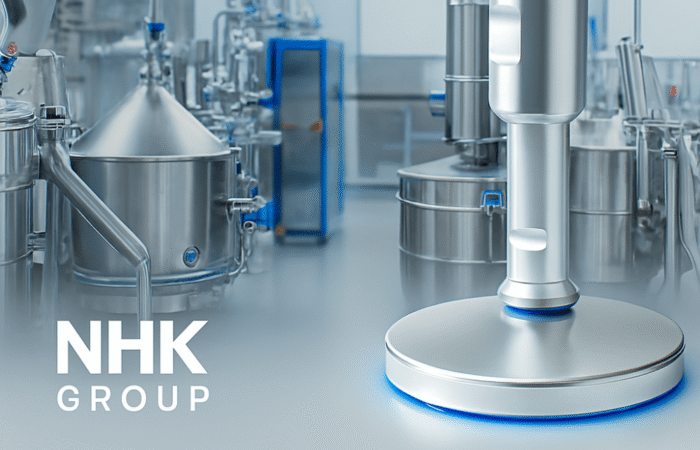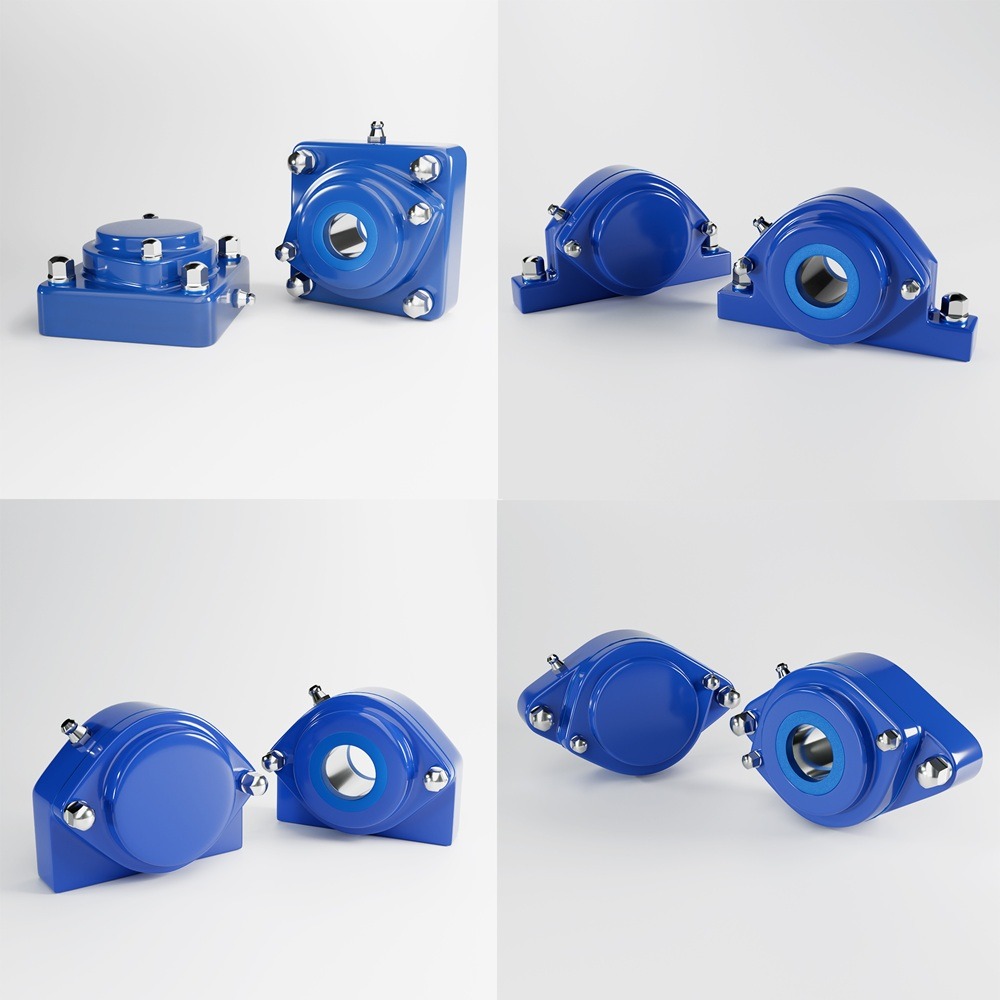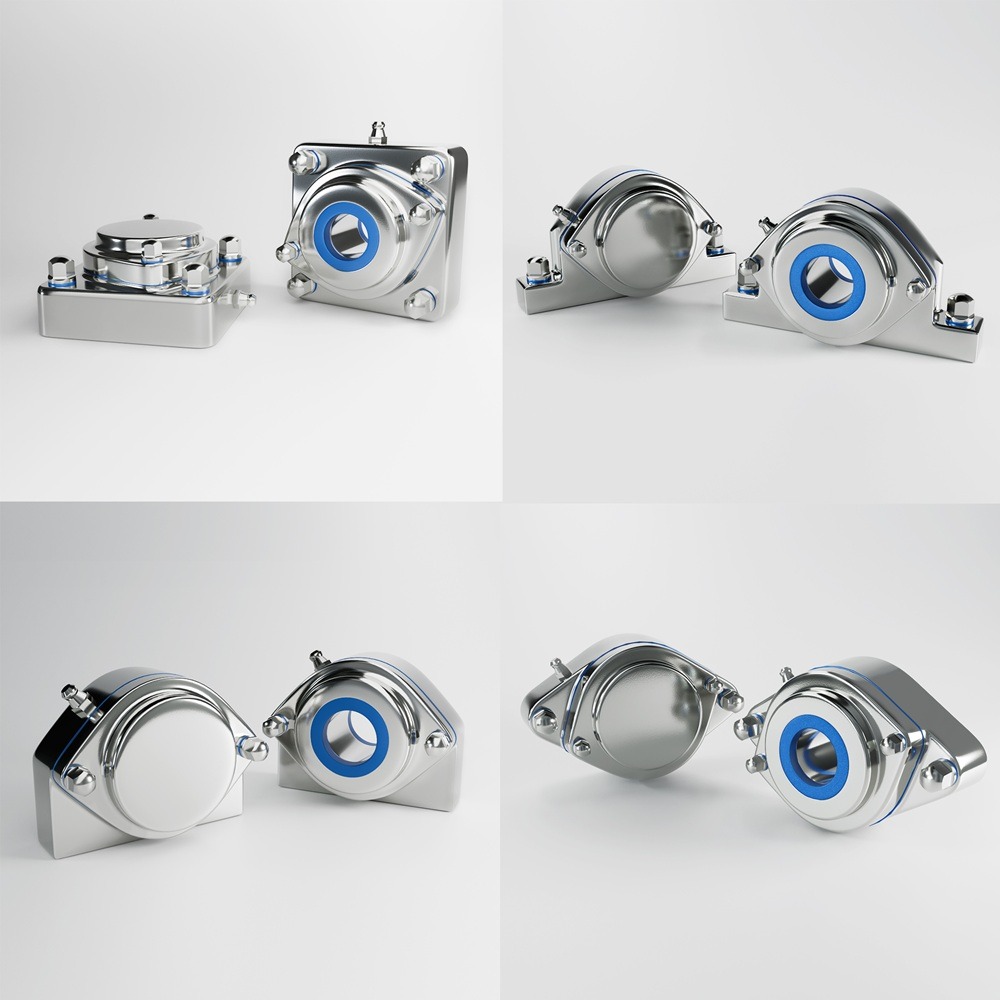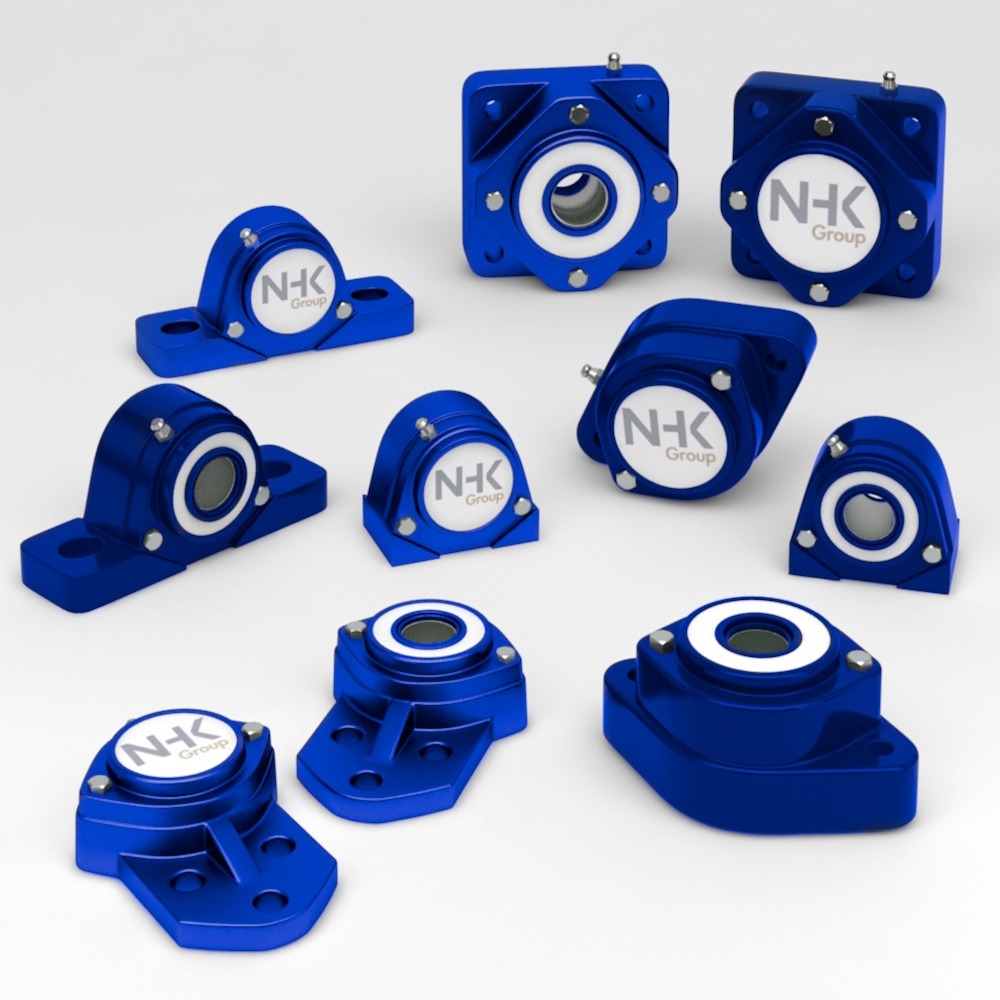
Certified bearing house units
Certified bearing house units are essential components in industries where hygiene, durability, and environmental resilience are paramount. In sectors like food processing, pharmaceuticals, biotechnology, and beverage manufacturing, these certified units ensure compliance with strict safety standards, maintaining cleanliness while providing robust performance in challenging conditions. They are designed to handle extreme environments, withstand harsh cleaning agents, and prevent contamination, meeting the stringent demands of today’s regulated industries. In this article, we explore the significance of certified bearing house units, their applications, and how they meet hygiene and environmental standards critical for high-risk industries. Bearing house units are designed to support the shafts of rotating machinery and are widely used in conveyor systems, filling machines, mixers, and other equipment found in production lines. Certified bearing units, however, go beyond basic functionality. They comply with specific standards such as IP69K, ISO 14159, and EHEDG, which set stringent guidelines for cleanliness and resistance to corrosion and chemicals. Certification ensures that each unit meets hygiene and environmental requirements, making them indispensable in industries where contamination and product integrity are significant concerns. Certified bearing house units offer numerous advantages, particularly for industries operating in high-risk environments: Certified bearing house units are used in a range of industries where hygiene and environmental resilience are crucial: Certified bearing house units are distinct in their construction and features, tailored to meet industry-specific needs: When selecting certified bearing house units, businesses must consider several factors to ensure optimal performance: Certified bearing house units also contribute to environmental sustainability by extending the life of equipment and reducing waste. Their resistance to corrosion and chemicals minimizes the need for replacements, lowering material waste. Furthermore, their compatibility with eco-friendly cleaning agents and energy-efficient designs aligns with sustainable production practices, supporting industries in their environmental goals. Certified bearing house units are crucial for industries where hygiene, durability, and environmental resilience are non-negotiable. They meet rigorous standards, providing reliable performance in challenging conditions and ensuring that hygiene and environmental requirements are consistently met. By choosing certified bearing units, companies in food processing, pharmaceuticals, biotechnology, and other regulated sectors can enhance operational efficiency, reduce contamination risks, and support sustainable practices. As industries continue to prioritize safety, quality, and environmental responsibility, certified bearing house units are essential components in their pursuit of excellence. Industrial machinery requires precision-engineered components that meet exacting standards for durability, safety, and performance. This comprehensive guide explores the essential machinery parts that drive modern manufacturing across food processing, packaging, and chemical industries. Understanding the difference between Pillow Block Bearings and Flange Mounted Units is crucial for engineers and procurement professionals seeking to optimize equipment longevity. Pillow block bearings, also known as plummer blocks, are self-aligning bearing units that simplify installation and significantly reduce maintenance costs. These versatile components mount on machine frames and support rotating shafts with exceptional precision, ensuring smooth operation in demanding industrial environments. Flange bearing units offer a more compact alternative, featuring integrated flanges that enable direct mounting to flat surfaces without additional hardware. Both designs come in various materials, including stainless steel grades optimized for corrosive environments and food-grade applications where hygiene is paramount. The importance of material selection cannot be overstated in machinery design. Stainless Steel 440 and 420 grades offer distinctly different properties suited to specific applications and environmental conditions. The 440 stainless steel variant provides superior hardness and exceptional edge retention, making it ideal for cutting tools and high-wear applications requiring maximum durability. Meanwhile, 420 stainless steel offers better corrosion resistance and is preferred in food processing equipment where chemical exposure is common. Hygienic stainless steel components have become essential in food machinery, meeting EHEDG standards and facilitating rapid equipment cleaning required in modern food production facilities. Understanding ingress protection ratings is equally critical for machinery durability and operational reliability. IP67 rating ensures protection against dust and temporary water immersion, while IP68 rating provides complete dust protection and sustained water immersion capabilities for submerged operations. The IP69K standard represents the highest protection level, specifically designed for high-pressure wash-down environments found in industrial food processing facilities. These ratings define how effectively machinery components withstand environmental challenges and maintain performance. Modern industrial facilities increasingly demand equipment that combines high performance with ease of maintenance and sanitation. The choice between different bearing types depends on operational requirements, environmental conditions, and budget constraints. Proper component selection ensures extended equipment lifespan, reduced downtime, and improved operational efficiency.Certified Bearing House Units: Meeting Rigorous Hygiene and Environmental Standards
Download our catalogue here
Understanding Certified Bearing House Units
Advantages of Certified Bearing House Units
Applications of Certified Bearing House Units in High-Risk Industries
1. Food and Beverage Processing
2. Pharmaceutical Industry
3. Biotechnology and Medical Device Manufacturing
4. Chemical and Cosmetic Industries
Key Features of Certified Bearing House Units
Choosing the Right Certified Bearing House Units
Environmental Sustainability of Certified Bearing House Units
Certified bearing house units: Meets rigorous hygiene and environmental standards
Check out our wide range of certified standard components
Contact
Understanding Machinery Components & Protection Standards
